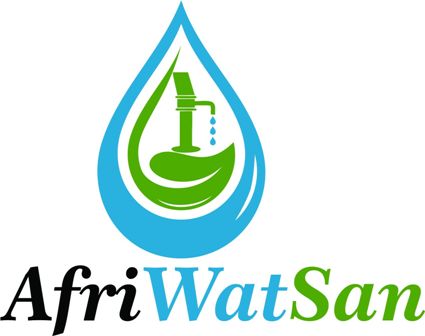As part of my master dissertation at the University College London, Institute for Global Health, I was honoured to participate in a workshop organised by one of the most innovative global consortium on Water Sanitation and Hygiene (WASH) called AfriWatSan in the past week.
The AfriWatSan project houses multi-disciplinary research experts from UCAD Senegal, University of Nairobi Kenya, Makerere University Uganda and University College London, The United Kingdom with financial support from The Royal Society and UK aid. The consortium’s objective is to “develop the scientific evidence to inform policies and practices sustaining low-cost, on-site water supplies and sanitation systems in urban Africa and to strengthen the capacity of individuals and institutions to conduct this vital research.”
The 2016 UN Habitat Report on urbanization and Development notes that slightly over half of the global population reside in urban areas and this is foreseen to increase to 66% by 2050. In Sub Saharan Africa (SSA), the growth is yet to catch up with the expansion of social amenities such as WASH services. Devising innovative solutions for WASH services to create sustainable cities will be augmented by evidence-based research from multidisciplinary teams such as the AfriWatSan consortium. There is however limited information on the processes that make successful global partnerships as stipulated by the SDG goal 17 on ” Revitalizing global partnerships for Sustainable Development”
I took the liberty to share my 8 key thoughts on what makes this partnership work. These include:
- Taking the time to explain basic concepts of each field. With a health background, the time taken by the water, geology and sanitation teams to share knowledge enhanced my understanding on their perspectives and priorities of contributing towards low cost urban WASH services. It was refreshing to learn concepts such as piezometers, aquifers, recharge rates and innovative sanitation solutions. With this basis it opens a door on how each field can work together rather than in their separate disciplines disagreeing with the saying that too many cooks spoil the broth.
- Putting young scientists at the forefront of innovative low-cost WASH findings and solutions. The AfriWatSan team has created a mentor-ship space for young PHD, masters and undergraduate students towards generating quality findings. This has been done by imparting variety of perspectives not only from primary supervisors but also tapping into the global conglomerate of experts which has created a rich capacity building experience for the students. Additionally, a platform for interdisciplinary young scientists has been created harnessing interaction and sharing of ideas This ultimately has opened space for budding scientists to have cutting edge innovative research methodologies and innovations at lower costs.
- Focusing not only on innovative solutions but maintenance of these solutions as Professor Olago, one of the co- primary investigators would point out. This would then boil down to not only sustainable solutions but also sustainable partnerships such as working with the private sector. Walking together through discovery of solutions, adopting , absorbing , improving and maintaining them.
- Realizing that each field is part of the jig saw puzzle. Therefore, creating harmony between all stakeholders and fields including the government private sector, policy makers, donors scientists and communities a term dubbed “decentralized cooperation“. Additionally, giving all the sectors equal importance as they all matter.
- Having the realization that it is the simple things like language that can build stronger partnerships. SSA is predominantly Anglophone and Francophone and being able to understand both languages strengthens cooperation. Members pointed out the accomplishment and motivation to learn either French or English to harness the partnership.
- Partnership means not only working together but also creating long-term friendships. The principle investigator, Professor Richard Taylor shared with us on how he has known and worked with the Co-Principal Investigators and Co-investigators for more than 10 years which is fascinating to note that ingredients of sustainable global partnerships entails commitment, consistency, building of trust and long-term friendship.
- It involves having a focus on populations and especially vulnerable populations. One of the Co- Investigators for Health Dr. Edward Fottrell notes that “research and interventions should focus on improving and uplifting the lives of vulnerable groups and reducing the inequality gaps.” This is where sustainable development will be evident.
- Lastly, it is realizing that it is not always an easy road. It is agreeing to disagree, it is constantly trying to create uniformity where possible and incorporating contextual scenarios therefore not a one pill fits all kind of scenario. Ultimately, it is commitment consistency and knowing that we are in global partnerships for the long whole.
Author: Kosilei Caroline Jelagat
